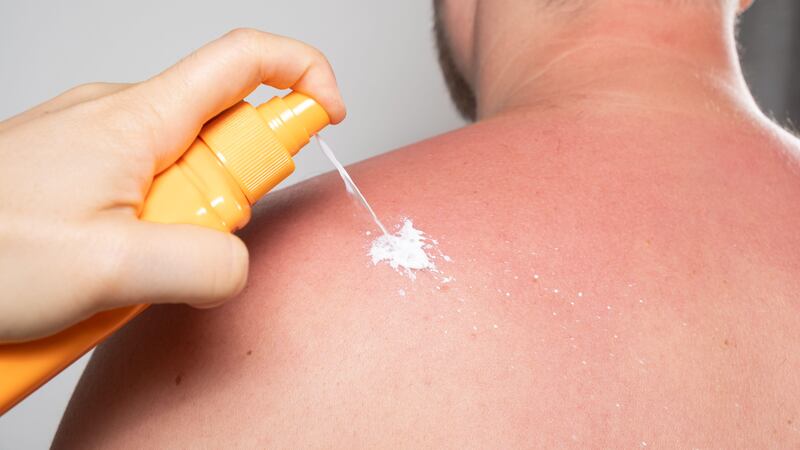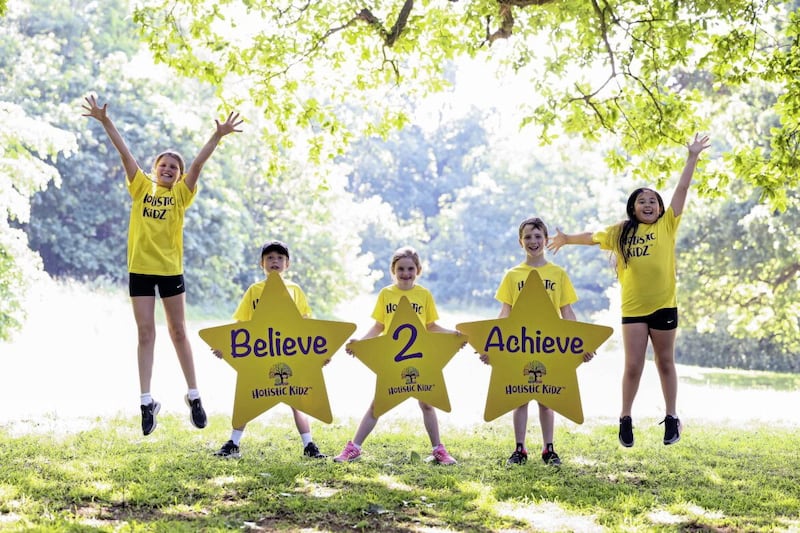STRESS is one of the downsides of adult life, but it seems to be an increasingly common problem for teenagers, too.
New research has found that 88 per cent of 12-to-18-year-olds have experienced stress in the past 12 months, and the average teenager feels stressed twice a week. In two thirds of cases, this has led to symptoms of stress-related illnesses including insomnia, eating disorders and depression.
The research, carried out by youth empowerment programme the National Citizen Service (NCS), found it's not just teens who are feeling anxious – one in five 12-year-olds report feeling stressed about their future plans.
Lucie Russell, director of campaigns at the young people's mental health charity YoungMinds, says: "We shouldn't underestimate the huge amount of pressure young people are facing, especially at this time of year, which brings the uncertainties that come with a new academic year."
A new study by researchers at Glasgow University has found these problems are exasperated by the need to be constantly available and respond 24/7 on social media accounts, which can also lead to depression, anxiety and poor sleep quality.
"We need to ensure young people are equipped with the skills to deal with these pressures and to navigate positive paths into adulthood," Russell added.
But teenagers are infamous for their moodiness, so how can parents distinguish stress and anxiety from typical teen monosyllabic behaviour?
The key to spotting a real problem is when such behaviour continues for long periods of time, and is accompanied by other tell-tale signs of unhappiness. This includes increased withdrawal and spending more time indoors, being more argumentative and lashing out at siblings, says Janey Downshire of Teenagers Translated, which runs courses for parents and teenagers.
She explains: "A parent is best placed to know whether their teenager's behaviour is normal, or whether alarm bells should be ringing. There will always be ups and downs, but if they remain down for a period of weeks without obvious reason, parents should support their child and think about looking for help."
Downshire suggests mums and dads should be an anchor for their teenager, pointing out that how they react can be a potent tool for reducing their child's anxiety. They need to be available to talk and listen – although the NCS research found that rather than talking to their parents, teenagers prefer to distract themselves from pressure by watching YouTube or browsing Facebook.
This may be a result of teenagers being afraid of letting their parents down by making the wrong decision, with 35 per cent of teenagers more worried about disappointing their parents than being popular at school (18 per cent) or bullying (16 per cent).
The research highlights society's lack of understanding about the pressure young people are under, with one in seven adults admitting they wouldn't believe a young person who claimed to be stressed. Four in 10 would think they were exaggerating.
Downshire says: "It's a slow build – it might start as minor anxiety and gradually mount up to depression. Teenagers today are under more pressure than those in previous generations, academically, socially and financially, and they're feeling this pressure at a younger age when their brain is still a work in progress and less able to cope."
She believes parents can unwittingly add to the pressure felt by their child and advises the best way to help is to not be anxious about their child's stress.
"Approaching the problem of their future in a calm way and aiming to have a proactive discussion will help them think it through for themselves and aid decision-making," she explains.
TOP TEENAGE STRESS POINTS
:: Studies/doing well at school (81 per cent)
:: Making decisions about my future (35 per cent)
:: Arguments with friends (30 per cent)
:: Family disputes (29 per cent)
:: Finding a boyfriend/girlfriend (20 per cent)
:: Looking good on social media (15 per cent)
:: Disappointing parents (14 per cent)
:: Being popular at school (13 per cent)
:: Avoiding bullying (12 per cent)
:: Money troubles (11 per cent)
SIGNS OF TEENAGE STRESS
:: Showing anxiety or worrying excessively (33 per cent)
:: Biting nails more than usual (28 per cent)
:: Shutting themselves off from family or friends (21 per cent)
:: Disrupted sleep patterns (20 per cent)
:: Lashing out or falling out with friends and family (16 per cent)
:: Eating less than usual (16 per cent)
:: Showing signs of depression (16 per cent)
:: Feeling ill (15 per cent)
:: Experiencing stomach upsets (13 per cent)
:: Frustrated social media posts (13 per cent)
:: National Citizen Service is a two-to-three-week school holiday programme for 16 and 17-year-olds, which helps teens develop skills for work and life. The next programme is in October and costs no more than £50. To sign a teenager up, visit ncsyes.co.uk








